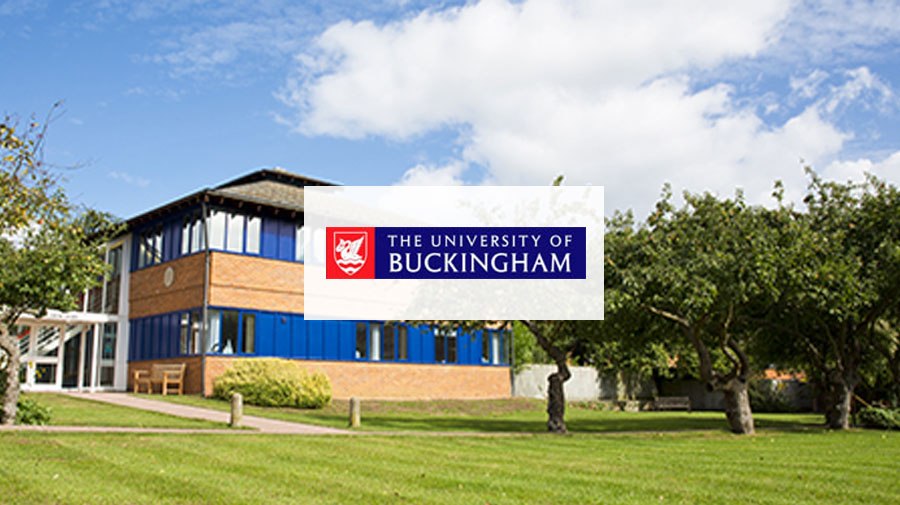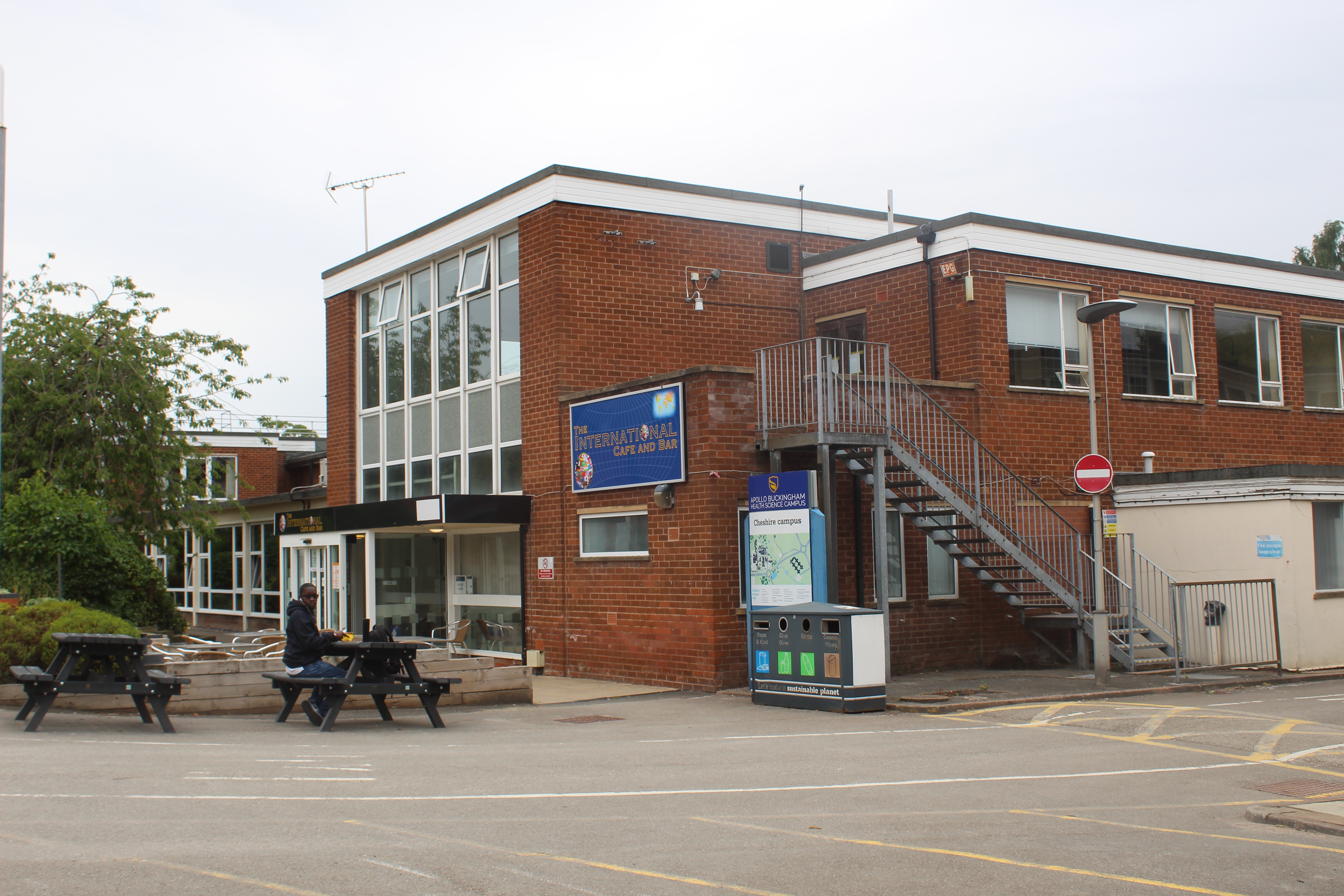-
hello@abroadcube.com
Mail us
-
Call For Help:
98779 83783
-
Whatsapp Us
70090 34921
The MSc programme in Money, Banking and Central Banking focuses on the changes in the banking and financial markets during and since the Global Financial Crisis, as well as the changes made by major central banks in the running of their monetary policies since then. The programme will pay particular attention to the assessment of the policy responses given by world leading central banks to the Covid-19 crisis and their effects on prices and output over the medium and long term. This perspective will be key to understand and assess the inflationary effects of Covid-19 crisis.
Banks and central banks play a pivotal role in the sound functioning of modern monetary economies. The 2008-09 Global Financial Crisis was a powerful reminder of how important it is to understand their functioning and operations, and the relationship between the quantity of money and the overall economy.
The University of Buckingham students will leave with expert knowledge of monetary economics, monetary policy, risk assessment and how financial institutions operate. They will be equipped with the specialized knowledge and skills required for a career in central banking, as well as monetary analysis suitable to pursue a career in consultancy businesses, research departments and specialized media.
| Level | Masters |
| Discipline | Business & Management |
| Duration | 12 months |
| Intakes | Jan, Sep |
| Application Fees | GBP 0 |
| Tuition Fees | GBP 15180 |
| Campus | Main |
| Language proficiency (minimum) | |
| IELTS | 6.5 |
|---|---|
| TOEFL | 87 |
| PTE | 59 |
| Duolingo | Not Accepted |
| Exam proficiency (minimum) | |
| SAT | Not Required / Waiver |
|---|---|
| ACT | Not Required / Waiver |
| GRE | Not Required / Waiver |
| GMAT | Not Required / Waiver |
Minimum GPA - 78%
QS Quacquarelli Symonds is the world’s leading provider of services, analytics, and insight to the global higher education sector, whose mission is to enable motivated people anywhere in the world to fulfil their potential through educational achievement, international mobility, and career development.
THE (Times Higher Education) has been providing trusted performance data on universities for students and their families, academics, university leaders, governments and industry, since 2004. We create university rankings to assess university performance on the global stage and to provide a resource for readers to understand the different missions and successes of higher education institutions.
The Academic Ranking of World Universities (ARWU) was first published in June 2003 by the Center for World-Class Universities (CWCU), Graduate School of Education (formerly the Institute of Higher Education) of Shanghai Jiao Tong University, China, and updated on an annual basis
The "Webometrics Ranking of World Universities" is an initiative of the Cybermetrics Lab, a research group belonging to the Consejo Superior de Investigaciones Científicas (CSIC), the largest public research body in Spain. CSIC is among the first basic research organizations in Europe. The CSIC consisted in 2006 of 126 centers and institutes distributed throughout Spain.


